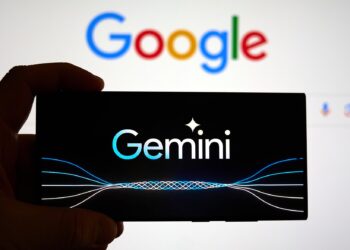Tinder owner, Match Group, has filed a lawsuit in the US accusing Google of deploying anticompetitive tactics over its approach to payments on its Play Store app marketplace.
Match Group claims its lawsuit was the last resort to prevent its apps from being kicked off the Play Store for refusing to share its revenue. In addition to Tinder, the company operates a self-titled dating service and OkCupid.
Google stated it will block downloads of Tinder, Match, and OkCupid by 1 June unless Match Group solely offers its payment system and shares its revenue.
Match Group argues the majority of users on its biggest app, Tinder, prefer its in-house payment system, which allows for installment plans and bank transfers, features not offered by Google.
The company’s complaints follow numerous app developers arguing against both Google and Apple’s rules to take a cut of 30 per cent from in-app payments. In October 2021, Google reduced its fee to 15 per cent after facing scrutiny, following Apple.
What Match Group is saying
- Match Group in the case document sighted by Nairametrics stated: “Ten years ago, Match Group was Google’s partner. We are now its hostage. Google lured app developers to its platform with assurances that we could offer users a choice over how to pay for the services they want. But once it monopolized the market for Android app distribution with Google Play by riding the coattails of the most popular app developers, Google sought to ban alternative in-app payment processing services so it could take a cut of nearly every in-app transaction on Android.”
- “Google monetises Android, in part, by operating Google Play and a separate in-app payment processing service called Google Play Billing. Over the last decade, through bait and switch tactics that exploited the very app developers it so ardently courted and claimed to support and by paying off potential competitors not to compete, Google has grown Google Play into the only viable Android app marketplace. If a developer wants users to find its app, that app must be on Google Play,” the company further alleges.
Google has, however, reacted to the lawsuit by saying “this is just a continuation of Match Group’s self-interested campaign to avoid paying for the significant value they receive from the mobile platforms they’ve built their business on.”





















